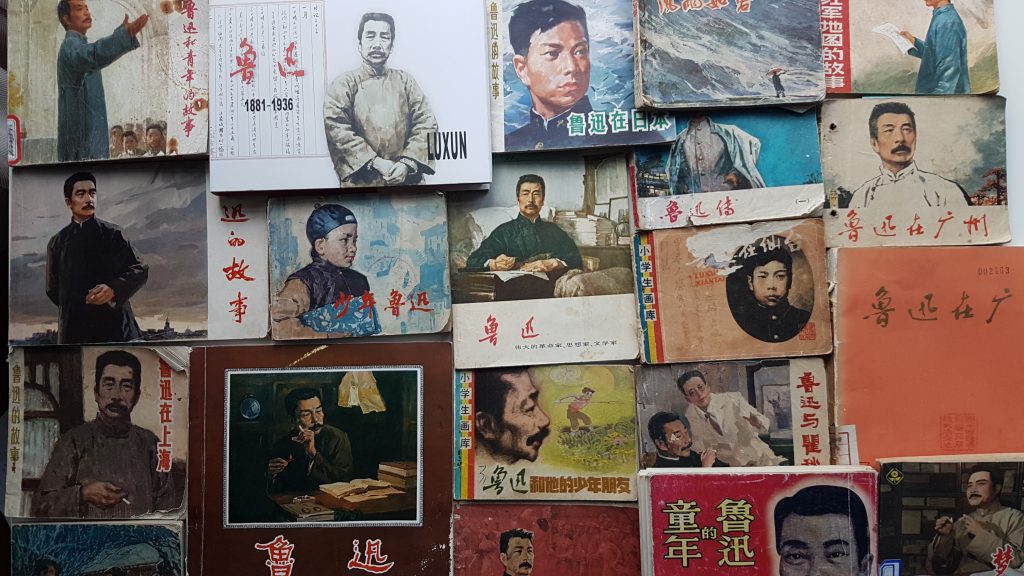
Lu Xun and his works have been remediated through Chinese comics: lianhuanhua 连环画, literally “linked images”. Many of the literary works of the founding father of modern Chinese literature have been adapted into comic form, often in several versions, and his biography has likewise been told in comics. In this talk, I will analyze a corpus of 30-40 lianhuanhua to sketch the characteristics of these remediations through the lens of reading: First of all, these works represent readings of Lu Xun by other artists. Secondly, as a very popular medium during the Mao years they provided contemporary readers with accessible versions of the texts of the modernist writer, mass-media versions of the literary texts so to speak. Thirdly, in portraying Lu Xun reading, they present the reader with a model of how to become a proper reader for themselves, of how to read and of how to give meaning to reading. In my talk, I will disentangle the propagandistic aspects from the literary, providing answers to the following questions: What versions of Lu Xun and his texts were produced in the lianhuanhua? In how far do these changing versions represent changing discourses about literary values and the roles ascribed to literature? What is the role of mechanisms of mise-en-abyme? Combining close readings of the visual and textual aspects of the comics, I will trace the processes of adaptation. I will argue that on the surface the comics follow discourses propagating Lu Xun as the revolutionary writer as which Mao Zedong wanted to see him. At first glance, many adaptations seem to simplify the stories of Lu Xun, and the ambivalence of the originals is lost in adaptation. Taking the visuals of the medium seriously, however, I will argue that the lianhuanhua rescue the modernist author from propagandistic appropriation.
